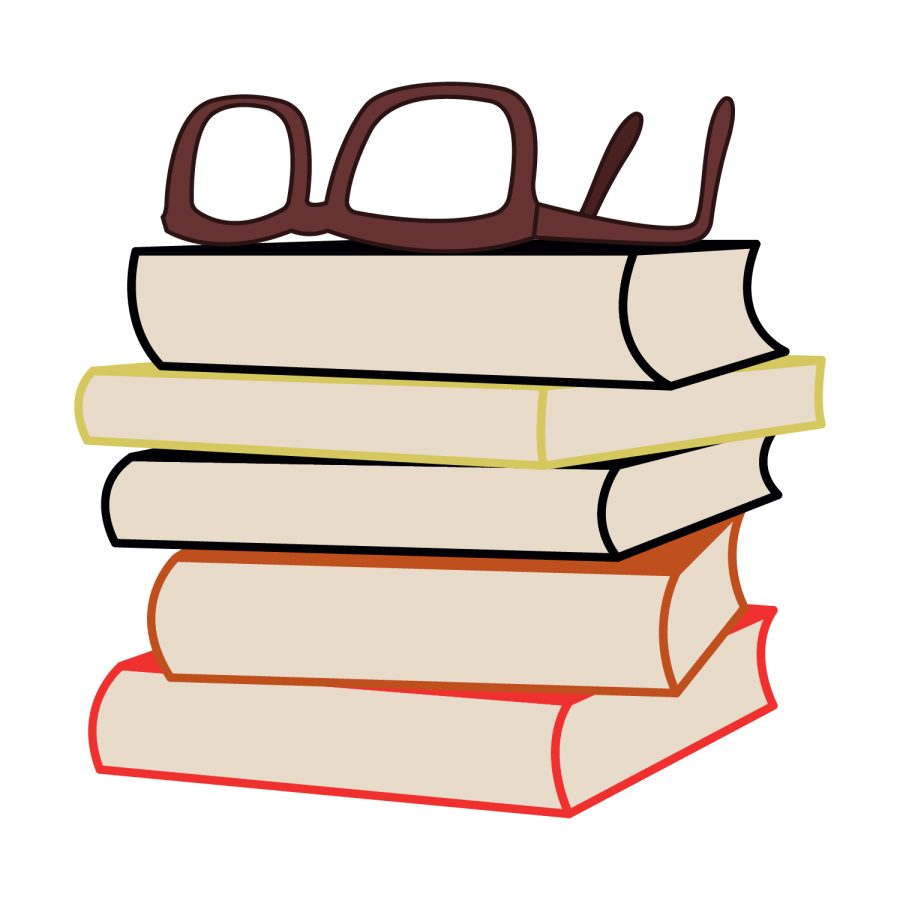English Second Language Classes in Dounda Hall
UW-Platteville offers ESL, English as a Second Language, classes Tuesday and Thursday evenings from 6-8pm free for community members and students. Those who teach these courses are usually volunteers.
I first became introduced to these classes in Spring 2022 through one of Dr. Yuanyuan Hu’s classes, Second Language Acquisition. One of my classmates, Justice Corpora, was teaching the two-hour class for the new Afghani refugees, and my curiosity got the better of me. I thought I would stop in and see what the class was about.
At this time, there was a class for Hispanic learners taught by a faculty member and a separate class for the Afghani refugees. The Afghani class consisted of the children from two families who ranged from late high school age to university age.
I did not have a teaching bone in my entire body when I stepped into the ESL class, and I had no intention of teaching English either. Nonetheless, I suddenly found myself thrust into the peculiar role. There was nothing I could do at the moment except take the situation in stride.
In class, we taught them about American culture and society by showing movie clips and discussing the differences between American and Afghani culture. We also provided different American snacks for them to try like chocolate and cookies.
From my personal experience, I know that foods can be such a comforting factor and can vary extremely from different cultures—even chocolate tastes different. As much as I was unprepared for the teaching role, I found that I was constantly thinking of how to make the class more interactive, what topics we should introduce next time or what would be useful resources for them.
The class was soon discontinued for an unknown reason. I carried on with the rest of my year, switching to one-on-one tutoring with an international student from China.
At the start of this Fall semester, I tacked on my TESOL minor, and for my practicum requirement, Dr. Hu recommended that I assist another classmate, Gabi Hundhausen, a Spanish Education major with a TESOL minor, teach an ESL class. At the same time, another classmate, Whitney Schwindenhammer, a Spanish major with an English minor and TESOL certificate, also joined to help teach the class.
Unexpectedly, I found myself teaching in a classroom setting again to none other than the Afghani families—or at least, one of the families. The students of the ESL class are Adella and Abdul Jallil, the parents of two of the Afghani students I taught last year.
In the class, I teach a variety of reading skills and beginner grammar. Adella has a slightly higher proficiency than Abdul Jallil, but we manage to personalize the lesson by having one teacher focus on reading skills with Adella and another teach vocabulary words to Abdul Jallil. Occasionally, the parents will bring their youngest children to the evening classes.
I found out that three of their children, Freshta, Fatema and Abdul Basset, are currently university students. At the time, I could only manage one-on-one tutoring with two students, which happened to be the sisters, Freshta and Fatema Sahak.
I quickly became aware of the similarities that the sisters share and also their family values. It was an instant connection with both of them.
I consider the sisters as friends rather than as tutees. We often talk about our interests and sometimes the troubles we face as minority students in Platteville and America in general. This strong connection that I have developed with them makes it even harder to part with them when I graduate at the end of the semester.
I learned equally as much as I have taught these students. I am more conscious now of how ill-equipped Platteville is for students who follow strict dietary and religious principles. The university provides minimal alternatives for students who do not follow the norm.




